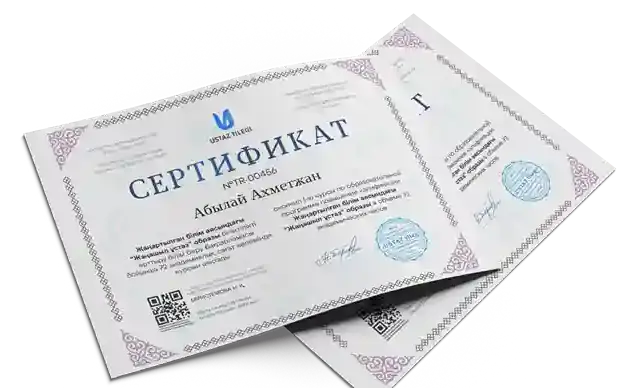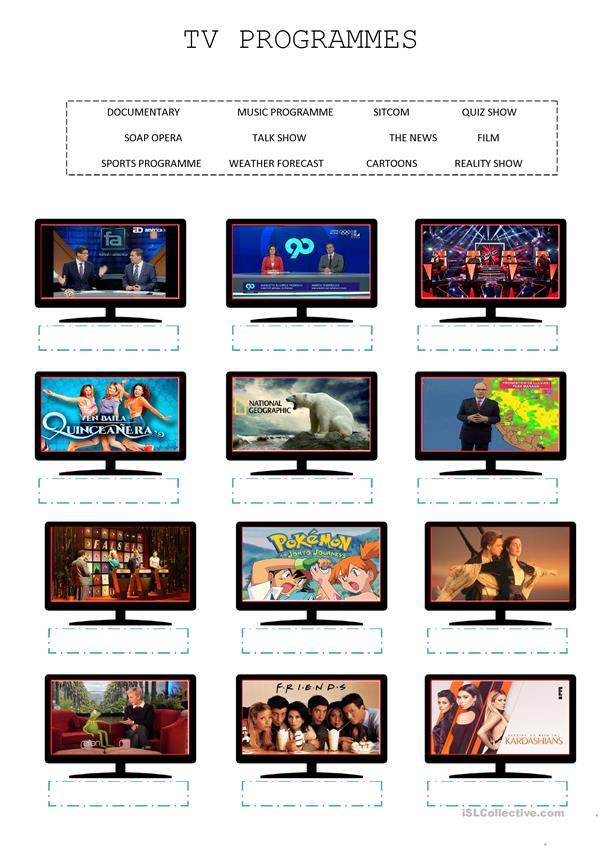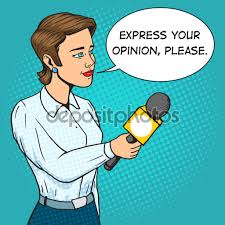Назар аударыңыз. Бұл материалды сайт қолданушысы жариялаған. Егер материал сіздің авторлық құқығыңызды бұзса, осында жазыңыз. Біз ең жылдам уақытта материалды сайттан өшіреміз
Жақын арада сайт әкімшілігі сізбен хабарласады

Бонусты жинап картаңызға (kaspi Gold, Halyk bank) шығарып аласыз


TV programme
Дипломдар мен сертификаттарды алып үлгеріңіз!


Материалдың толық нұсқасын
жүктеп алып көруге болады
Lesson plan
|
Long-term plan: Unit 3.Entertainment and Media
|
|||||||||||||
|
Date: |
Teacher name: Ismailova Aisulu Egizbaevna |
||||||||||||
|
Grade: 8A |
Number present: |
absent: |
|||||||||||
|
Lesson title: TV programme |
|||||||||||||
|
Learning objectives |
8.1.1.1 use speaking and listening skills to solve problems creatively and cooperatively in groups 8.2.2.1 understand with little or no support most specific information in extended talk on a wide range of general and curricular topics 8.3.3.1 give an opinion at discourse level on a wide range of general and curricular topics |
||||||||||||
|
Lesson objectives |
All name target vocabulary accurately in production tasks with support identify most specific information from the task Most describe the pictures and share idea Answer the simple questions according to the theme Some generalize all information about the topic and express their own opinion make up and present the dialogue give constructive feedback to each other |
||||||||||||
|
Assessment criteria |
-activate topical vocabulary -reply the question -complete the sentences -make up and present dialogue - express an opinion |
||||||||||||
|
Cross curricular links |
ICT, Kazakh, Russian |
||||||||||||
|
ICT skills |
Active board, internet, CD |
||||||||||||
|
Previous learning |
vocabulary for school |
||||||||||||
|
|
|||||||||||||
|
Plan |
|||||||||||||
|
Planned timings |
Planned activities |
Learners’ activities |
Evaluation |
Resources |
|||||||||
|
Start 3 min 1 min 7 min |
Greeting (W,I, f) Brainstorming “Puzzle” Learners stand up in a circle and pictures are distributed to each pupil then they name programmes. Pupils speak about the picture. After that divided pupils in to two groups trough the pictures. 1st group – TV 2nd group – Media Look at the activeboard, listen and repeat TV programmes. Learners answer the question.
When does your favourite TV programme begin?
Ex.2 Look at the TV & Media box. Which of the items in the list can you see on TV? read in a newspaper? Which of them is your favourite?
|
Learners read and suggest Students listen and repeat words Ss listen to the teacher s question and answer Ss devide words in two groups |
Self assessment Assess orally Group assess each other |
pictures activeboard activeboard Handout Activeboard |
|||||||||
|
Middle 5 min
6 min |
(W, f) Pre- Listening and Speaking Elicit what, if anything, learners know about the BBC. Then elicit questions from various learners around the class and write two of them on the board. Learners listen and read the text and check if their questions are answered. Ask learners - When was it founded? (1922)? - What does it do? (It broadcasts on radio, TV and online and produces a wide range of programmes including dramas, sitcoms and educational documentaries.)
Listening and Speaking Group “TV” Learners read the text again and mark the sentences as T (true) or F (false). Correct the false statements.
Group ‘Media’ Learners complete the sentences 1)The BBC was founded in 1922, almost 100 years ago, and it is the..........( oldest national ) broadcast in the world. 2) The first BBC broadcast were ....(on the radio), but after World War II it started broadcasting ....(on television). 3) The BBC is .... (well-known) for its news reports and its current affairs programming.
Group assessment by displaying the slide Group “TV” Work in pairs. Make up and act out the dialogue according to the theme. Descriptor: 1.make up the dialogue 2.act out Group ‘Media’ Learners work in small groups and think of ideas and create a TV guide. Then they present their TV guide to the class.
|
Ask the questions,read the text Find true or false Fill in the sentences |
Assess orally Group assessment |
Students book
Handout Handout |
|||||||||
|
End 5 min 3 min |
Reflection Conclusion Feedback “A Reporter”
Good morning dear audience. I am Jane from BBC channel. I am holding live broadcast at the 8th form. Here they are discussing about “TV prorammes”. I am going to ask some questions to pupils.
1 2. What new things have you learnt today? 3. What new skills have you acquired today? Thank you for your answers Evaluation. In what stage are you?
|
|
|
stickers |
|||||||||

-
How many hours a day do you watch TV?
-
What TV programmes do you prefer?
-
Do you watch TV before or after you have done your homework?
-
What is your favourite TV programme?
When does your favourite TV programme begin?
-
Do your relatives watch the programme with you?
-
What is more interesting to watch: a film or cartoon?
-
What is you favourite cartoon?
-
Why do you like it?
-
What is you favourite film?
-
What was the last film or cartoon you have watched?
Examples:
T: What is your favourite TV programme?
Р: As for me, I enjoy watching TV very much, especially different quizzes. That’s why my favourite TV programme is “ Who wants to be a millionaire?” It is a game show where the player is asked different questions. I find this programme clever and informative and try not to miss it.
Т: When does your favourite TV programme begin?
Р: At 8 p.m. on Fridays.
Т: Do your relatives watch the programme with you?
Р: Yes, they do.
Т: What is more interesting to watch: a film or cartoon?
Р: I like to watch cartoons, because they help us to relax after hard day at school. I think cartoons make people kinder and more sympathetic.
Т: What is you favourite cartoon?
Р: My favourite cartoon is “Madagascar”
Т: Why do you like it?
Р: It is really wonderful and amusing.


 .
.